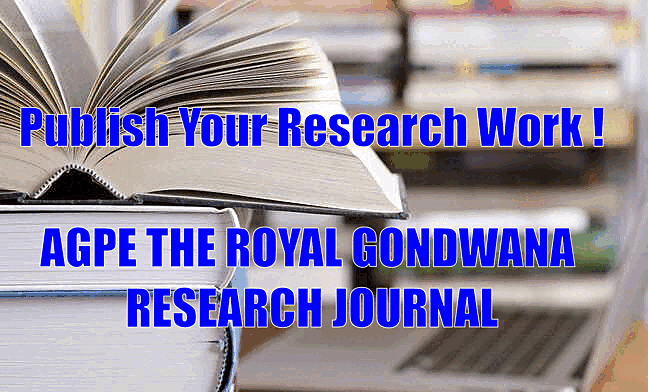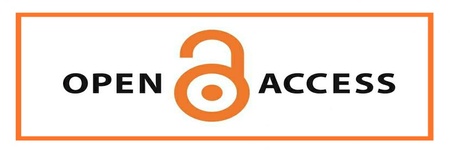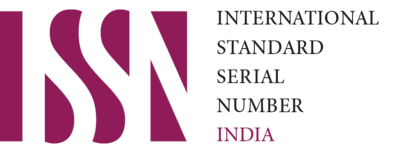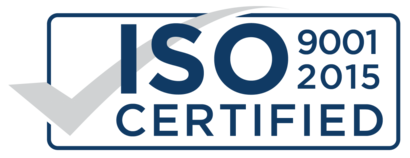FOSTERING TWENTY-FIRST-CENTURY SKILLS IN TEACHER EDUCATION TO EQUIPS FUTURE EDUCATORS TO TEACH IN AN INCLUSIVE CLASSROOM SETTING
Keywords:
Fostering, 21st Century Skills, Teacher Education, Inclusive Classrooms, EducatorsAbstract
The key purpose of the current study is fostering twenty-first-century skills in teacher education (TE) to equip future educators to teach in an inclusive classroom setting. TE is a broad area that involves continuous attention to sociocultural procedures of transformation. Educators must embody a persistent search for advanced technologies in a variety of spheres of life, i.e. the freshest ideas, skills, and achievements. This study includes four 21st Century Skills: creativity, critical thinking, problem-solving, communication, and cooperation. If teachers can facilitate learners' use of this way of teaching and reasoning in the twenty-first century, educators must provide enormous potential for educators to acquire, improve, and practice these skills. If educators are projected to equip learners with such methods of working and considerate in the twenty-first century, TE programs must provide multiple chances for teacher candidates to acquire, develop, and practice these skills in an inclusive classroom setting. Educators in the twenty-first century must possess both learning outcomes and the skill to integrate technologies into their instruction. The significance of TE programs cannot be overstated. The effect of teaching-learning is progressively getting recognized as a crucial driver of a socio-economic quality of life. Educators in the twenty-first century must develop learners' technical skills. The formation of capabilities dubbed 21st-century skills is gaining increased attention as a way of enhancing the educational quality of teachers. Yet, a significant obstacle to attaining expected improvements is a scarcity of situational awareness of teaching practices and relevant help promote teacher training in the twenty-first century in an inclusive classroom setting. This study analyzes pertinent works on TE to determine its suitability for inclusion. The study sheds light on the issues viewpoints, ideas, and policy practices of those involved in TE and investigates the mechanisms by which inclusion policy concepts are converted into the practices of professionals working in a variety of educational contexts. Furthermore, the study examined supporting issues as well as institutional and educational strategies for supporting TE for inclusion in the development of 21st-century skills in an inclusive classroom setting.
Downloads
Downloads
Published
How to Cite
Issue
Section
License
Copyright (c) 2021 Fr. Baiju Thomas

This work is licensed under a Creative Commons Attribution-NonCommercial 4.0 International License.








